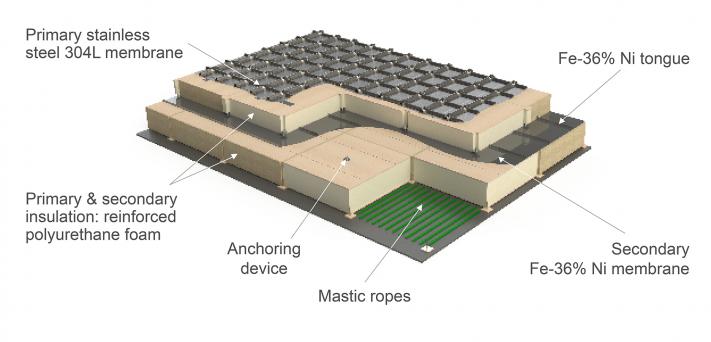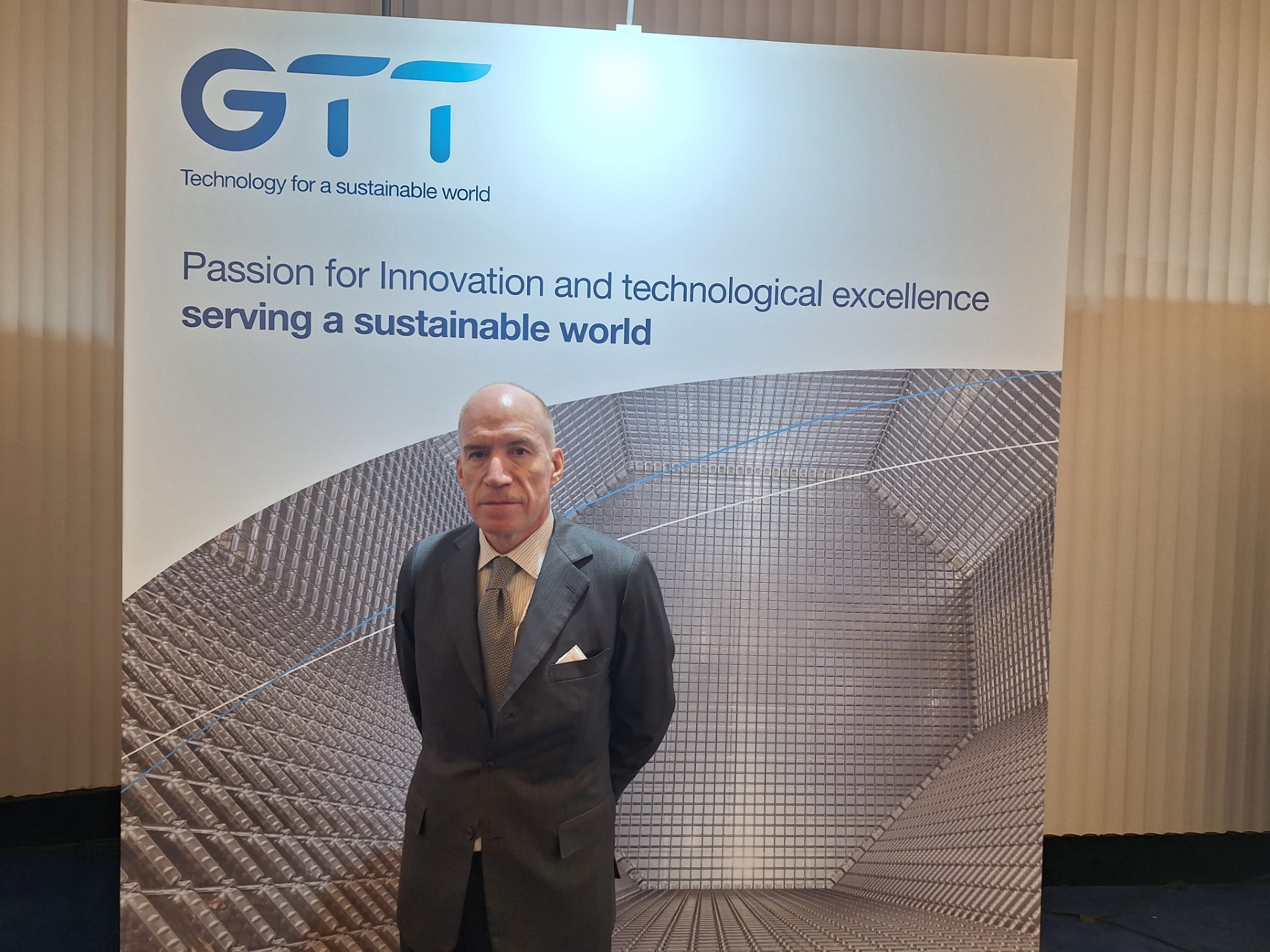French LNG containment giant GTT has secured approvals from two classification societies for its Next1 LNG cargo containment system.
GTT has obtained a design approval (DA) fromBureau Veritas and a general approval for ship application (GASA) from Lloyd’s Register for the LNG cargo containment system.
These two approvals, officially granted at the Posidonia maritime show in Athens, mark a “major milestone” for GTT Next1 technology, the Paris-based firm said in a statement.
Through them, BV and LR confirm that the technology complies with all applicable rules and regulations, including the International Maritime Organization’s international gas carrier code, GTT said.
With these two approvals, the technology is now ready for commercial deployment.

GTT’s new technology aims to offer a thermal level of performance equivalent to that of Mark III Flex+ technology while using two metallic barriers.
The use of prefabricated reinforced polyurethane foam panels to support the two membranes provides the best compromise between thermal and mechanical performance, according to GTT.
Also, the secondary barrier is made of Invar, and the design of the first barrier is based on the existing corrugated stainless steel concept, similar to that of the Mark technologies.
By activating these design levers, it is possible to deliver significant performance improvements, while using proven materials and components, GTT claims.
Philippe Berterottière, chairman and CEO of GTT, said the approvals for the Next1 LNG cargo containment system “demonstrate our unwavering commitment to innovation and technological excellence.”
“We are proud to present this cutting-edge solution, which combines the best of our proven technologies with new advancements, ensuring optimal performance and improved reliability for the transportation of liquefied natural gas,” he said.
GTT received orders for 73 LNG carriers and one FLNG in 2023, following record 162 orders for LNG carriers in 2022 and 68 orders in 2021.
During the first quarter of this year, GTT booked orders for 25 LNG carriers and four very large ethane carriers.

